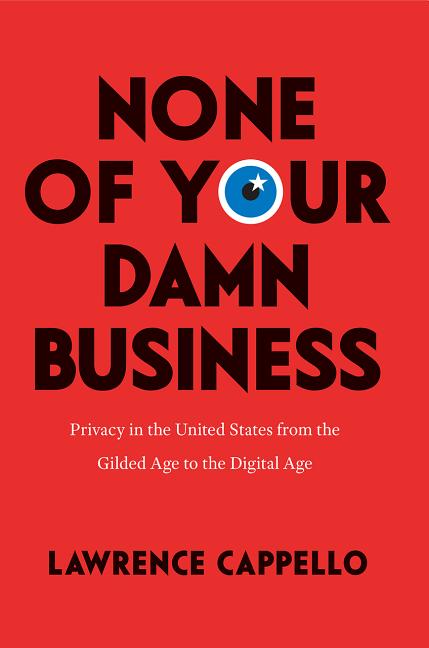Capello, a professor of U.S. labor history and privacy law, makes his debut with a timely and engaging book on the latter subject ... Capello makes a persuasive argument for privacy as both a personal necessity and a societal good and notes that, over the last century and a half, privacy advocates have focused too much on the individual right to privacy and have failed to 'position privacy as a larger societal right essential to the progress of any free civilization.' ... Capello’s puckish sensibilities and engaging style dovetail wittily with his well-chosen and thoughtful examples, resulting in an academic text that any reader can appreciate. This book is a must-read for legislators, policymakers, and anyone curious about the ways their privacy could potentially be compromised by the government, the media, or data brokers
Read Full Review >>

